The Importance of Dental Hygiene During Childhood: Essential Tips for Healthy Teeth
- 1. Why Dental Hygiene Matters in Childhood
- 2. Starting Early: The Key to Healthy Teeth
- 3. A Simple Daily Oral Care Routine
- 4. The Role of Regular Dental Visits
- 5. Nutrition and Its Impact on Teeth
1. Why Dental Hygiene Matters in Childhood
Dental hygiene during childhood is one of the most important aspects of overall health. The habits children develop during their early years will shape their dental health for the rest of their lives. Poor oral care can lead to problems like cavities, gum disease, and even developmental issues with the teeth. Teaching kids the importance of brushing and flossing early on helps ensure that they have healthy teeth and gums as they grow up.
By focusing on dental hygiene during childhood, you not only protect their teeth but also prevent the risk of long-term health issues associated with oral diseases, such as heart disease and diabetes, which can stem from poor dental care.
2. Starting Early: The Key to Healthy Teeth
Starting dental hygiene practices early in childhood is essential. As soon as a baby’s first tooth appears, it’s time to start cleaning it. Parents should gently wipe the baby’s gums with a soft cloth to remove bacteria and food particles after feedings. Once the first teeth emerge, using a soft-bristled toothbrush with a small smear of fluoride toothpaste can be the next step.
Instilling good habits early not only sets the foundation for a lifetime of healthy teeth but also reduces the fear and anxiety that children might develop about dental visits. Children who understand the importance of brushing and flossing are more likely to continue these habits as they grow into adulthood.
3. A Simple Daily Oral Care Routine
A simple, consistent daily oral care routine is the best way to ensure that children’s teeth stay healthy and strong. Here are the essential steps:
- Brushing twice a day: Use a fluoride toothpaste and a soft-bristled toothbrush to brush the teeth at least twice a day—once in the morning and once before bed.
- Flossing daily: Flossing removes food and plaque from between the teeth, areas that brushing may miss.
- Use mouthwash: If appropriate for your child’s age, a fluoride mouthwash can provide additional protection against cavities.
4. The Role of Regular Dental Visits
Regular dental visits are essential to maintaining healthy teeth during childhood. The American Academy of Pediatric Dentistry recommends that children should have their first dental visit by age one or when the first tooth appears. Regular checkups allow the dentist to detect early signs of dental problems and provide timely treatment to avoid bigger issues.
Routine visits also help your child become accustomed to the dentist’s office and reduce the chances of dental anxiety later on. Moreover, dental professionals can offer tailored advice on how to best care for your child’s teeth based on their specific needs.
5. Nutrition and Its Impact on Teeth
What your child eats plays a significant role in their oral health. A balanced diet rich in vitamins and minerals, especially calcium and vitamin D, supports the development of strong teeth and gums. Try to incorporate healthy, tooth-friendly foods into their meals, such as:
- Fruits and vegetables: Fresh produce helps clean teeth and is rich in essential nutrients that promote gum health.
- Whole grains: Whole grains contain important nutrients that help maintain oral health.
- Low-fat dairy: Foods like milk, cheese, and yogurt provide calcium that strengthens teeth and bones.
Avoid sugary snacks and drinks that contribute to tooth decay, and encourage your child to drink plenty of water to wash away food particles and bacteria from the mouth.
By following these best practices for maintaining good dental hygiene during childhood, you can help your child develop a lifetime of healthy teeth and gums. To learn more about children’s dental care and products that promote healthy oral habits, visit Dentistry Toothtruth.

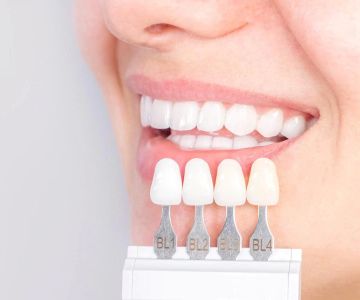

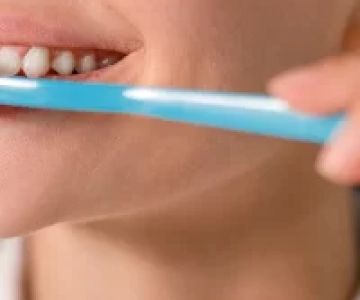
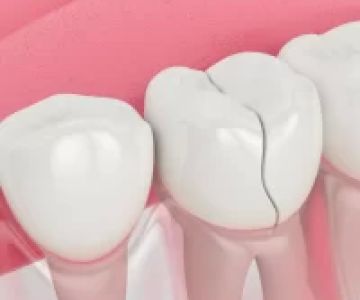
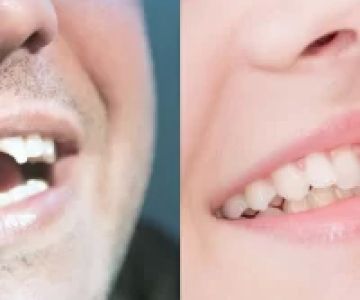
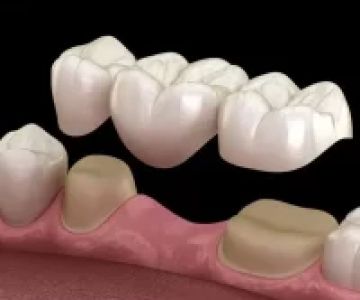
 Advanced Dental Artistry: Kenneth J. Yost, DMD, PA4.0 (121 review)
Advanced Dental Artistry: Kenneth J. Yost, DMD, PA4.0 (121 review) Absolute Dental - Sunset4.0 (726 review)
Absolute Dental - Sunset4.0 (726 review) Ramtown Dental Associates4.0 (40 review)
Ramtown Dental Associates4.0 (40 review) Pearly Whites Dental Studio5.0 (26 review)
Pearly Whites Dental Studio5.0 (26 review)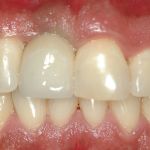 Robert S. Radin, DDS4.0 (2 review)
Robert S. Radin, DDS4.0 (2 review) Kwong Orthodontics4.0 (10 review)
Kwong Orthodontics4.0 (10 review) The Importance of Oral Health Education During Pregnancy for a Healthy Pregnancy
The Importance of Oral Health Education During Pregnancy for a Healthy Pregnancy Best Tips for Brushing Your Teeth Properly for Healthy Gums: Essential Techniques for Oral Health
Best Tips for Brushing Your Teeth Properly for Healthy Gums: Essential Techniques for Oral Health Why Skipping Dental Checkups Can Lead to Bigger Oral Health Problems
Why Skipping Dental Checkups Can Lead to Bigger Oral Health Problems Advantages of Porcelain Dental Restorations
Advantages of Porcelain Dental Restorations How Can Diabetes Cause Tooth and Gum Problems? Preventing and Managing Oral Health Issues
How Can Diabetes Cause Tooth and Gum Problems? Preventing and Managing Oral Health Issues Healthy Habits for Promoting Good Oral Health and Hygiene: Tips for a Healthy Smile
Healthy Habits for Promoting Good Oral Health and Hygiene: Tips for a Healthy Smile